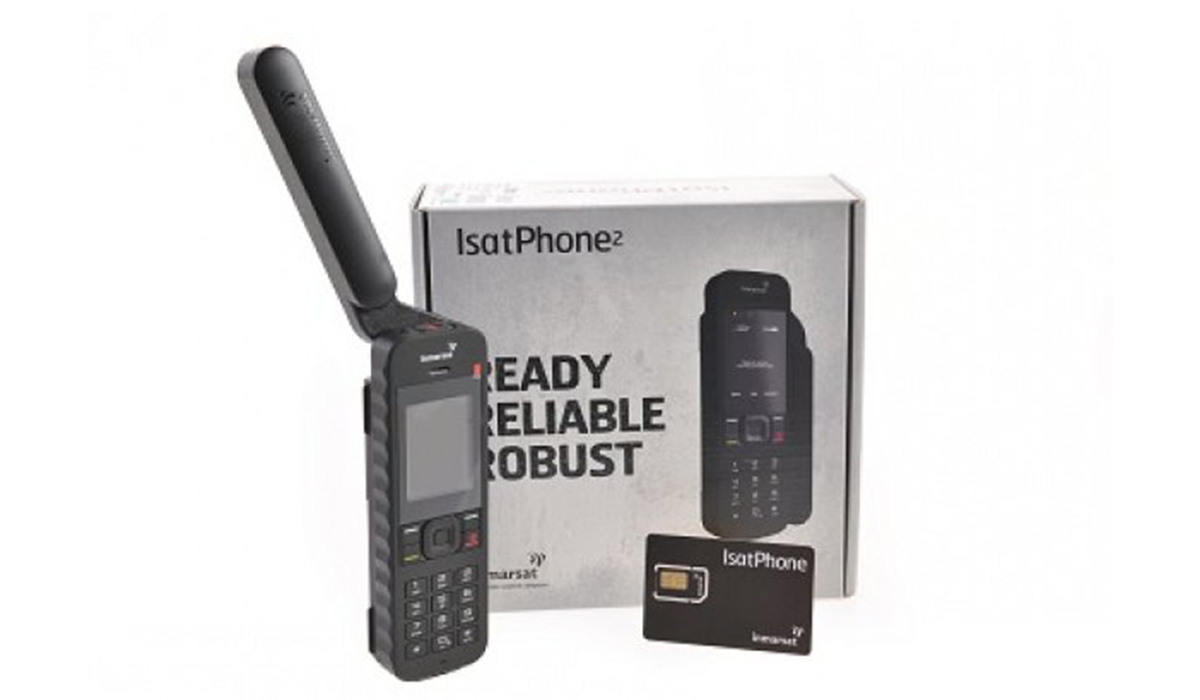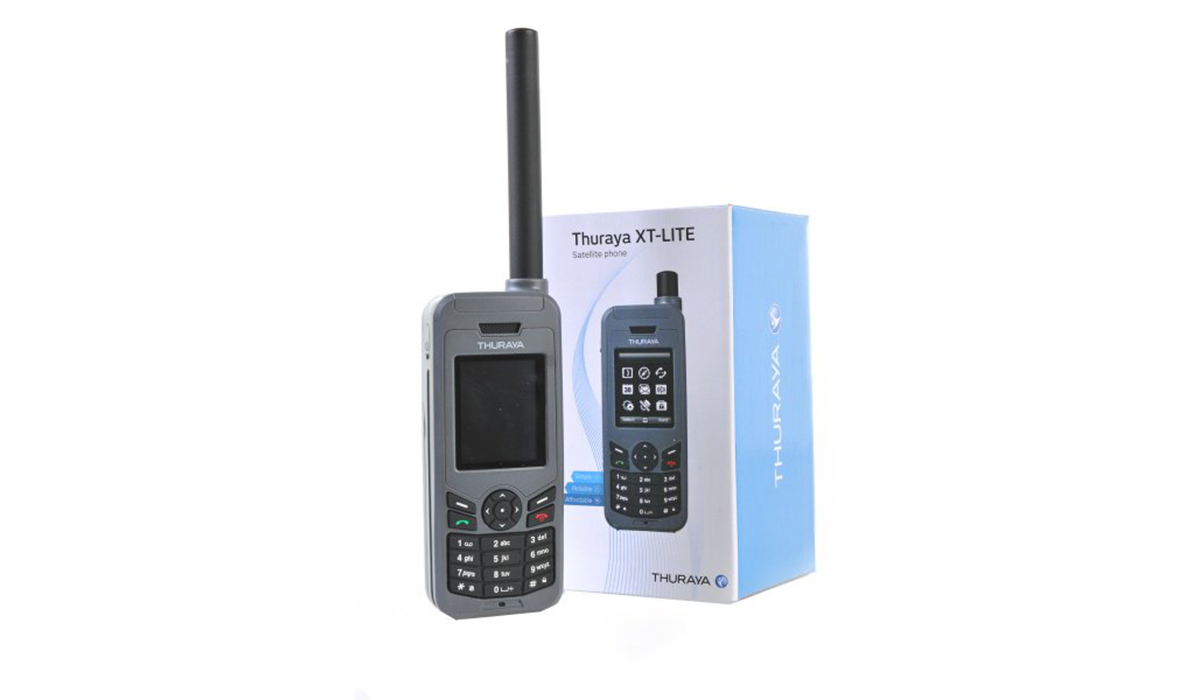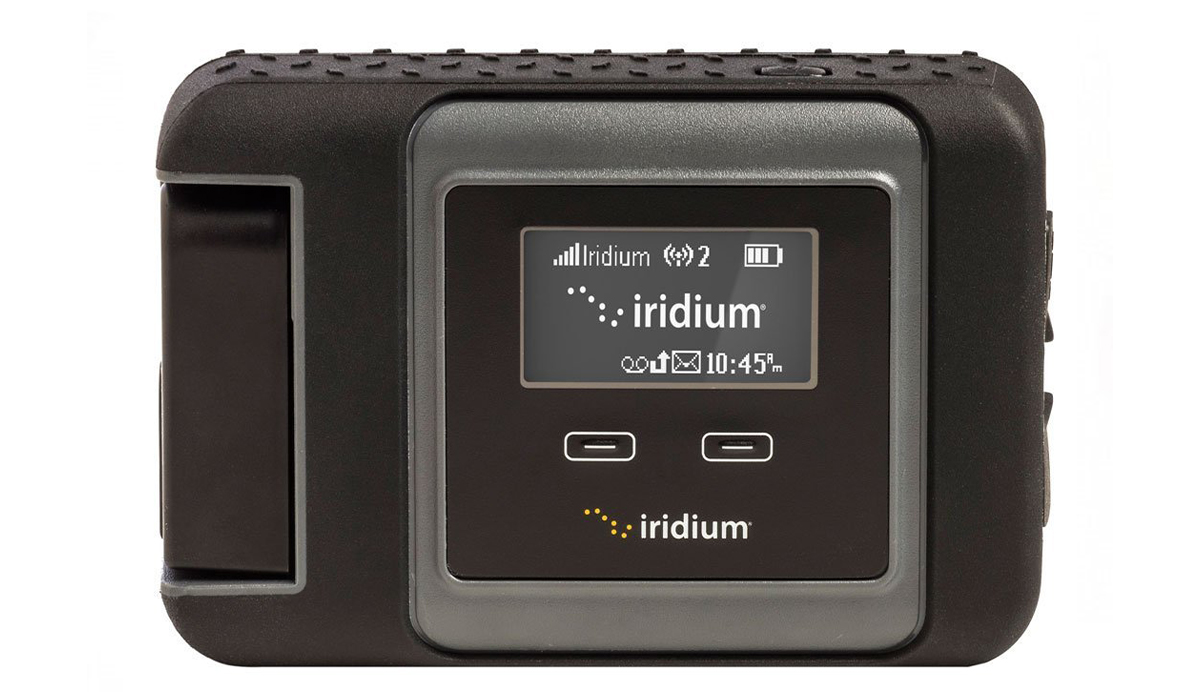Luke Cuenco 06.02.21
Most of the time we have access to all of our friends, family and favorite time wasters with modern smartphones and the absolute widespread coverage of today’s cell phone networks. However, for some of us that have a bit more wanderlust, we often end up venturing to places where no cell phone signal is available and whether we need to be reached for an emergency from home or if we find ourselves in trouble, sometimes it’s nice to have a line back to civilization when you’re otherwise far away from home. You need one of the best satellite phones to stay in touch.
Satellite Phones have come a long way since the first ones back in the late 1980s. Back then, Satellite phones often needed to be connected to large external power sources and antennas. Now, Satellite phones are small enough to be carried on one’s person conveniently and most phones make use of satellites in either geostationary orbit or low earth orbit. Satellite phone networks work in much the same way as cell phone towers in that each individual signal receiver or sender needs to be within line of sight of the other. Now that we know a bit about satellite phones, what are some of the options out there for those looking to wander way off the beaten path? Let’s take a look at some of the best available.
Cover image: Shutterstock/Brylov
Table of Contents
1. Inmarsat IsatPhone 2 – Editor’s Pick
Billed as a robust and reliable unit, the Inmarsat IsatPhone 2 is an out of the box, ready to go satellite phone. The IsatPhone 2 looks like a traditional brick phone that you would have found back in the late 90s but with the distinct addition of a large foldable antenna for making calls, and sending texts or emails.
The IsatPhone 2 claims its reliability stems from the I4 network run by Inmarsat which claims to have global coverage and unlimited connections with its 14-satellite network in geostationary orbit. The IsatPhone 2 is IP65 rated so most dust and a bit of water won’t affect its performance but it would probably be best not to submerge the phone or place it into an extremely dusty or damp area. The phone is extremely user friendly and has a large focus on fast connectivity with the end user being able to make a call less than 45 seconds after registration. The Inmarsat IsatPhone 2 is available for $760 and comes with a free sim card and 76.8 call minutes which is billed at a minimum of 30 second increments.
Pros/Simple design, small enough to fit in a pocket with a stowable antenna, Phone calls, email and text
Cons/Although billed as a rugged unit, the IP65 rating really isn’t the best for trips into wet terrain
Bottom Line/Great as an emergency backup phone for camping or backpacking away from cell phone coverage areas
2. Thuraya XT-Lite Satellite Phone – Budget Pick
The Thuraya XT-Lite Satellite Phone is an on-grid/off-grid option for those who really want to slim down on the amount of devices they have. The XT-Lite is capable of communicating on both the GSM Cell Phone network as well as the UAE based Thuraya satellite network which makes use of a geostationary satellite network like Inmarsat. The Thuraya network is capable of covering approximately two-thirds of the globe across 160 countries.
The XT-Lite with its connection can deliver up to 80 hours of standby time and 6 hours of talk time making it one of the most efficient models on this list – this is a great feature for when you’re expecting a call or need to monitor your line in case of emergency. The phone also includes a lot of other features like an alarm clock, calculator, calendar and stopwatch. The Thuraya XT-Lite satellite phone is available at an affordable $530.00, which is really good for one of the best satellite phones.
Pros/Inexpensive device paired with great battery life
Cons/Depending on where you are in the globe you may not receive a signal due to the limited nature of the Thuraya network (Thuraya is planning on launching additional satellites in the coming years)
Bottom Line/If you can be certain of your connection, this would make a great emergency backup phone for receiving or making calls and texts
3. BlueCosmo Iridium GO! Satellite Smartphone Access Point – High Tech Pick
If you already have a great smartphone and don’t feel like carrying around an extra phone on your travels, the BlueCosmo Iridium Go! Satellite is the way to go. This device allows you to connect up to 5 smartphones and make calls, texts, send emails and even have limited web browsing capabilities from anywhere on the planet. This brings your smartphone beyond the grid into the wild.
BlueCosmo runs off the same globally covering Inmarsat network meaning you’ll have great coverage no matter where you go. The device itself has an IP65 rating which isn’t too much of a concern as you can set up the device in a safe location away from water hazards and use your probably much more well equipped phone to do all the work. The device has a 100 foot radius of connectivity so you can leave the Iridium GO! in an optimal spot (such as a solar charger) while you make your calls. The onboard 3600 mAH battery provides you with up to 15.5 hours of standby time and 5.5 hours of talk time. The BlueCostmo Iridium GO! is available for $1,090.00.
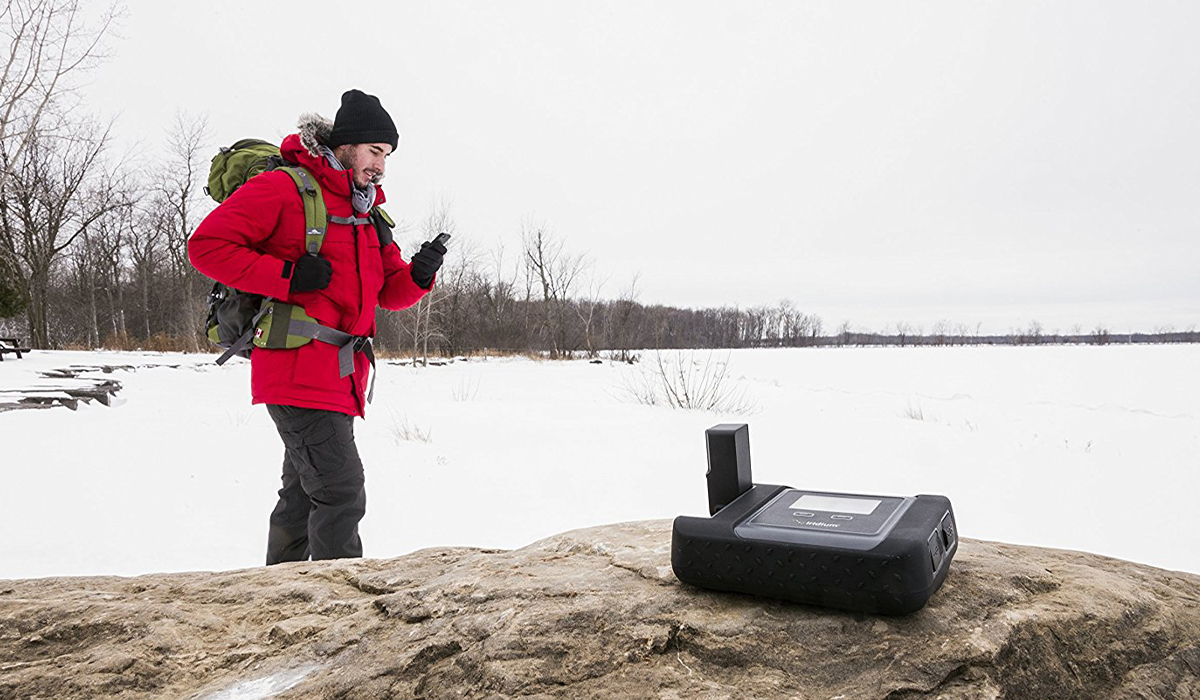
Pros/ Eliminates the need to carry a separate phone with a separate number and allows limited web browsing
Cons/Expensive, Limited Talk time because of battery life
Bottom Line/Hands down the best option if you love your smart phone and want to slim down on handheld devices.
Satellite phone reliability
Satellite phones run off of a slightly different principle than regular cell phones. In fact, they are far closer to your GOS unit than they are to your cell phone. They rely on satellites instead of cell towers, so the signal has a much better chance of being picked up.
Like any satellite connected device, there will need to be a direct line of sight between your phone and the satellite in orbit. Dense tree cover, buildings, inside a boat stateroom, and even cloud cover can disrupt satellite phone connectivity so it is best to be aware of your environmental factors before attempting to make a connection.
Additional costs
For some of us, we remember early cell phone bills, and how much it would cost for even quick calls to friends and family. Satellite phones are kind of like that, but a little more on the pricey side to operate.
Add to the upfront cost of the device, satellite phones are not inexpensive to use. Satellite phones operate much in the same way as land based cell phone providers but they often have pretty outrageous outgoing and incoming call rates (sometimes over $5 per minute). It’s probably a good idea to search for a plan that is geared towards what you’re planning on using the satellite services for. If you’re really needing to get a hold of people it might be worth paying a premium for a lot of minutes and connectivity.
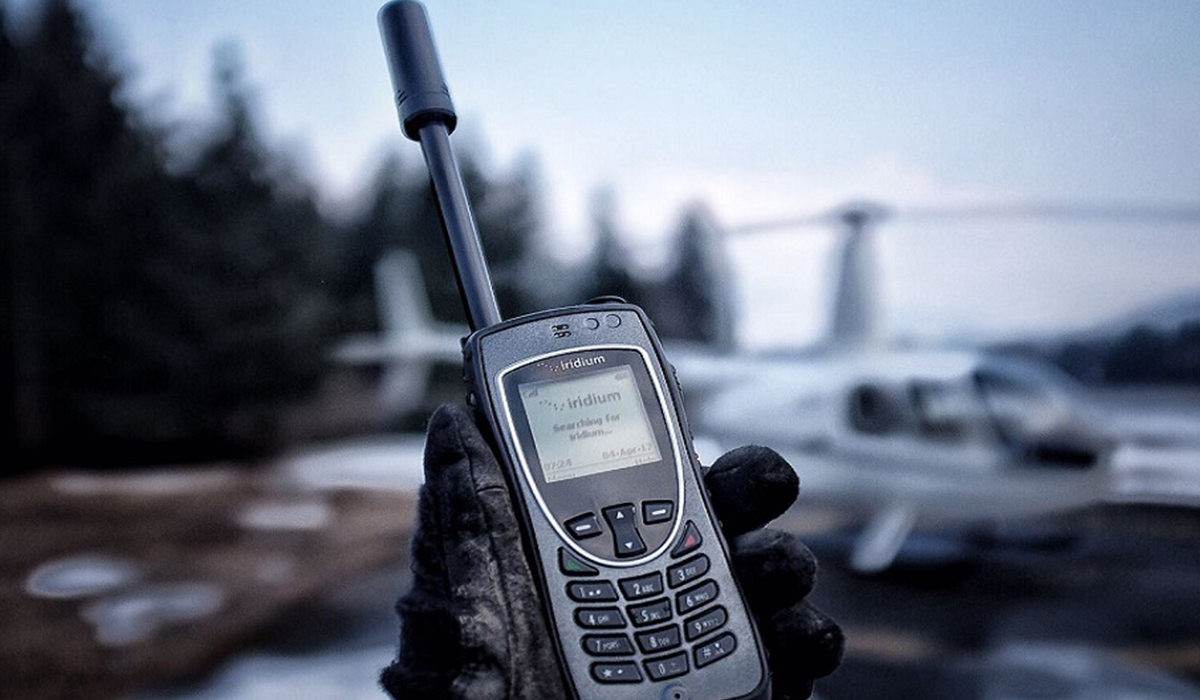
The service is not the same
Can you watch Netflix on your satellite phone?Unfortunately the answer is most likely no. For the most part, satellite phones don’t have a lot of the applications normally associated with smartphones.
If you have a Satellite connected Wi-Fi hotspot like the Iridium GO! the connection speed isn’t sufficient enough to stream video and music – this is mostly a device limitation and not necessarily a network limitation as larger satellite connected devices that require larger power sources do in fact provide pretty high speed internet connections. You might as well just relax and enjoy the moment you’re in.
Do satellite phones work everywhere?
For the most part, your satellite phone will work anywhere on the planet as long as you have a view of the sky. If you’re in a building or structure, you may have a harder time getting a signal.
Can I send and receive text messages with a satellite phone?
Most phones and service plans make it easy to use text messaging. In fact, there are more options for using text messaging than there are for placing actual calls. There are fees still associated with texting, so you may want to not go that route to just chat with friends and family.
We are committed to finding, researching, and recommending the best products. We earn commissions from purchases you make using the retail links in our product reviews. Learn more about how this works.

